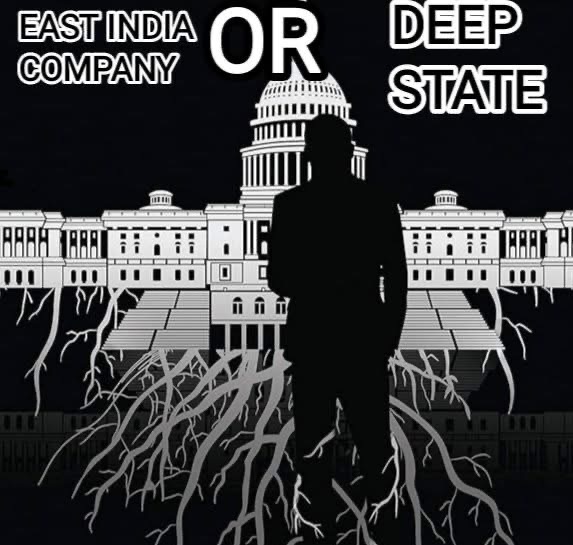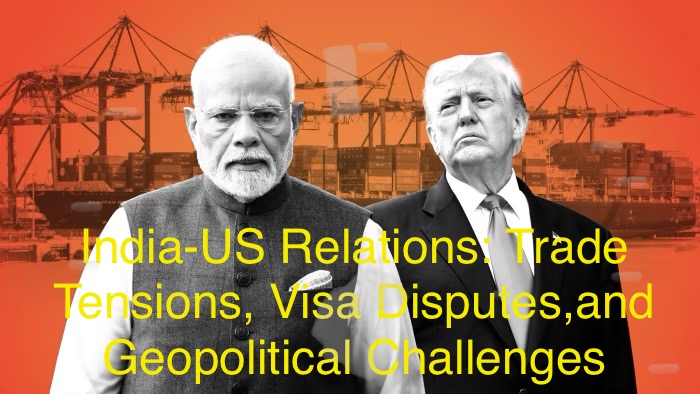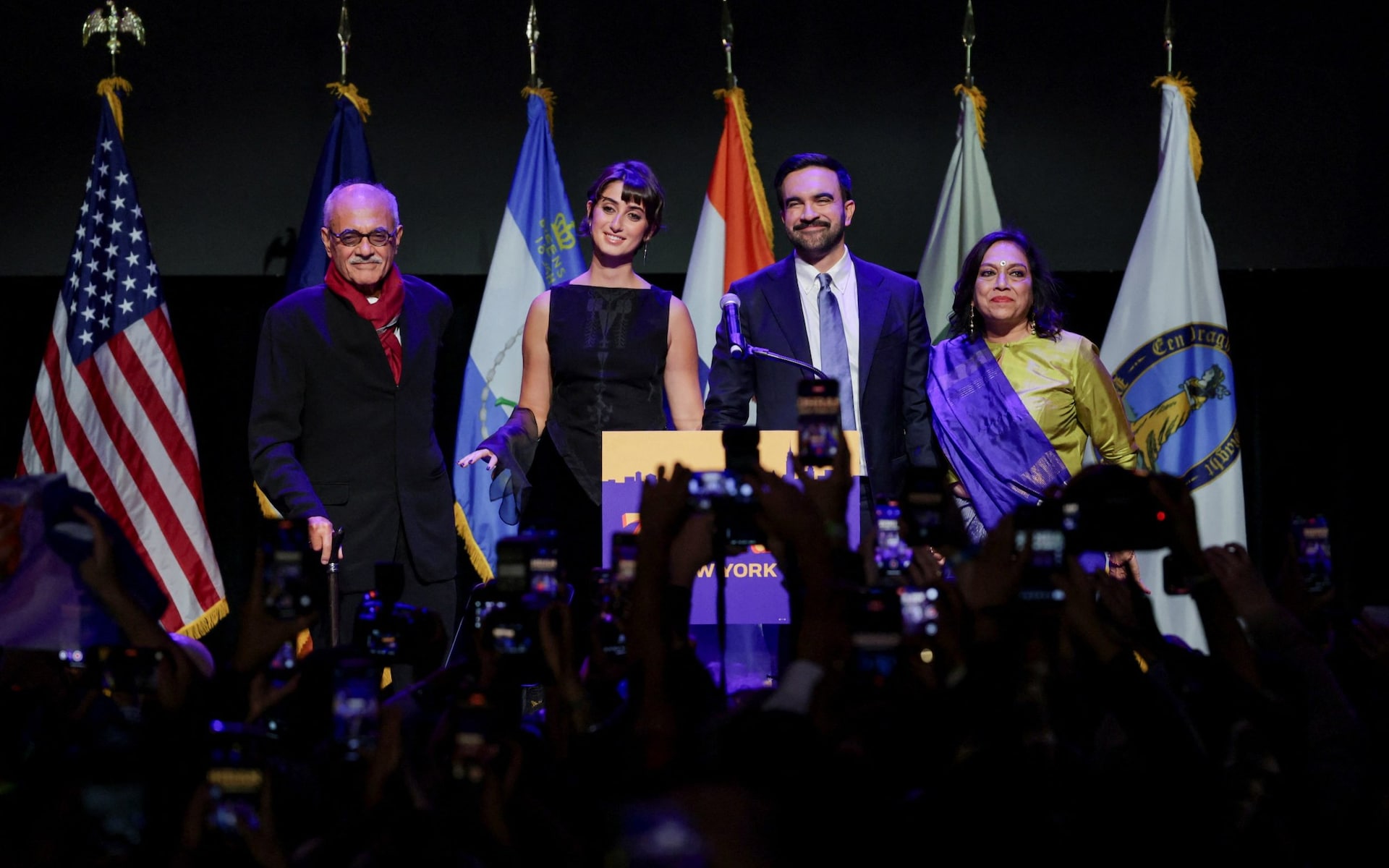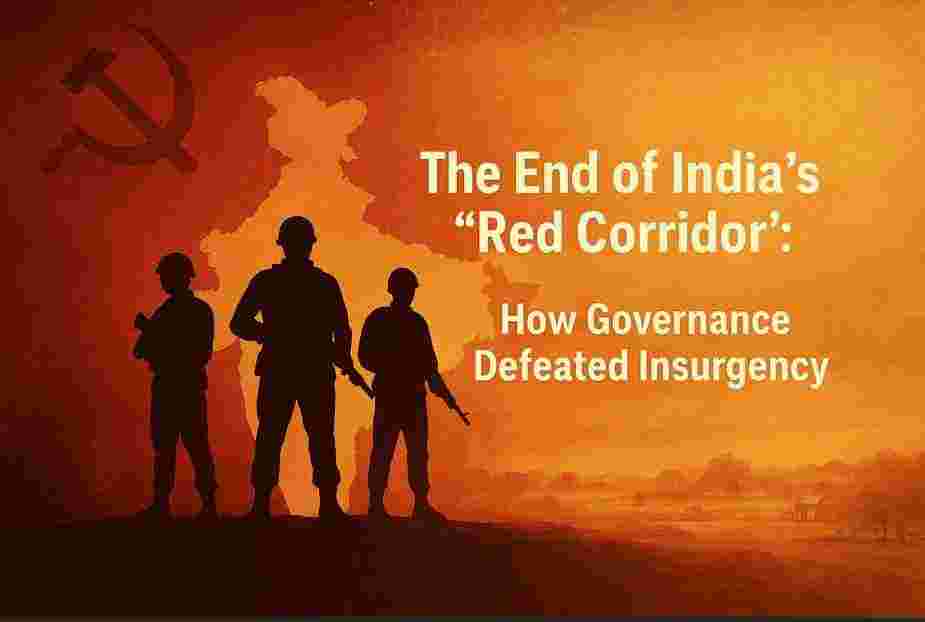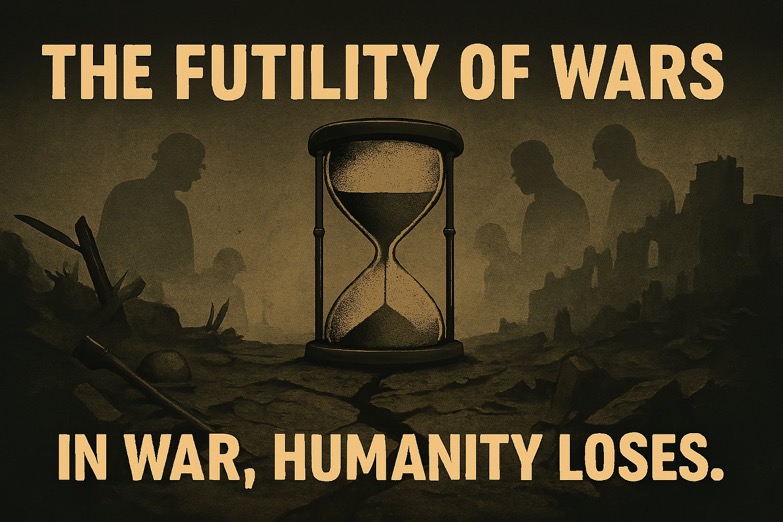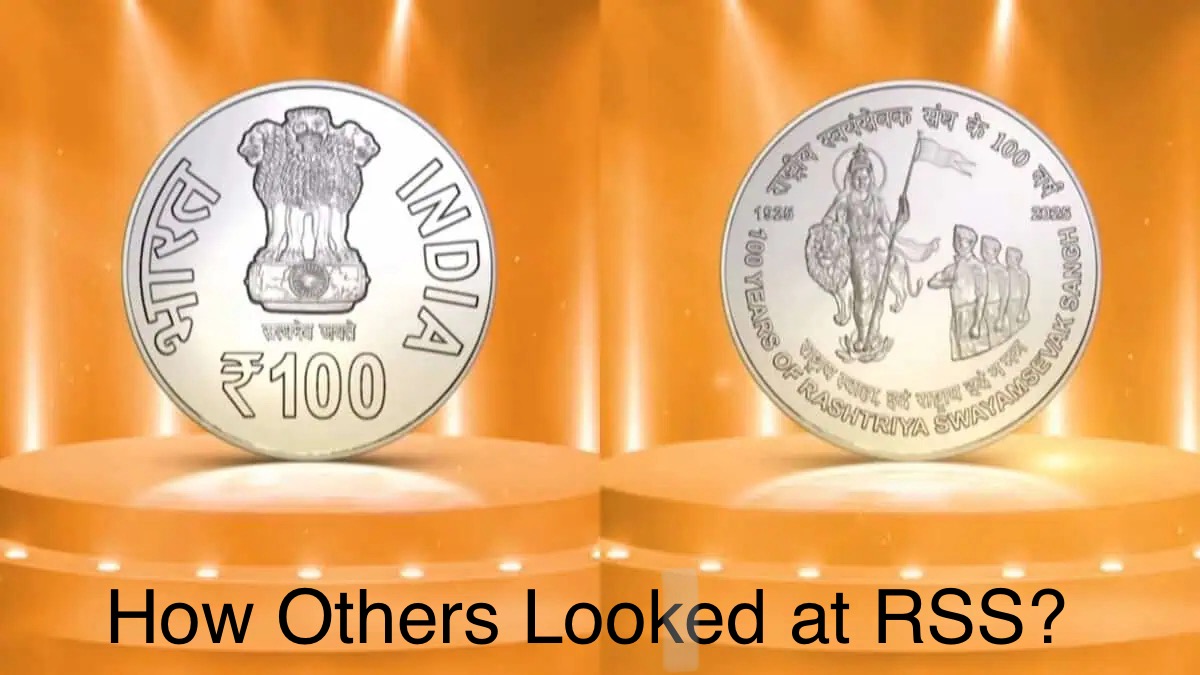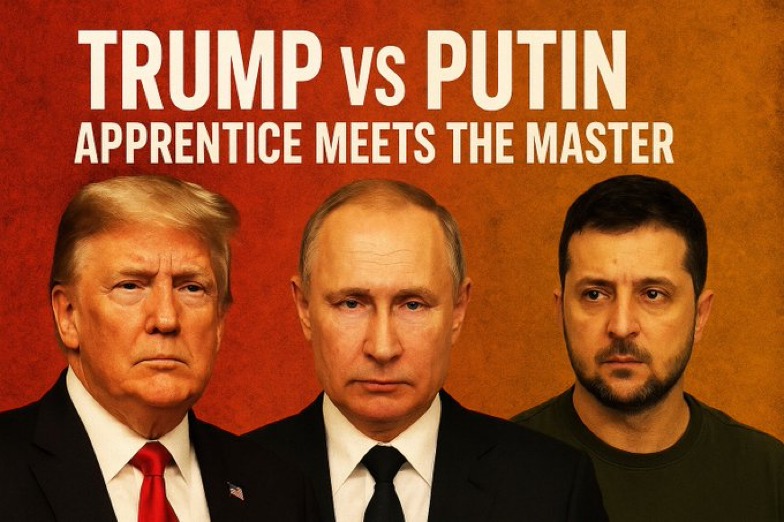
There has been no shortage of noise and speculation about the recent Trump–Putin meeting. Most commentary agrees on one thing: Donald Trump came away empty-handed. The truth is starker—he never stood a chance.
Trump walked in thinking he could bully Vladimir Putin the way he once did Volodymyr Zelensky in the Oval Office. But Putin is no Zelensky. And he certainly isn’t Trump.
A Tale of Three Leaders
Trump is a billionaire businessman who thrives on branding and bluster but remains a clumsy politician. Zelensky is a former comedian who found himself, almost by accident, cast as the face of Ukrainian resistance. Both men are creatures of television, men of spectacle.
Putin, by contrast, is forged from an entirely different mold. A hardened KGB operative, he cut his teeth in warzones and intelligence corridors, staring down hostile mobs in Dresden when the Berlin Wall fell. He is a man who learned early that fear, patience, and raw force achieve far more than charm or theatrics.
When Putin took over Russia in 1999, he inherited a country in ruins. Boris Yeltsin had nearly drunk the nation into collapse. Oligarchs looted state assets, terrorists ran rampant, and Russia’s standing on the world stage had shriveled. Putin changed that. He crushed the oligarchs who thought they could defy the Kremlin, prosecuted a brutal war in Chechnya, and after the Beslan school massacre, declared that Russia would never negotiate with terrorists.
This is the man Trump faced across the table. And Trump thought he could win?
Putin’s Echo of Stalin
In some ways, Putin’s model is not just KGB discipline but Stalinist willpower. Joseph Stalin, whatever else one may say of him, rebuilt a shattered Soviet Union through iron control, industrial muscle, and ruthless suppression of opponents. He treated weakness with contempt, compromise as betrayal.
And on the world stage, Stalin was a master tactician. At the great wartime summits of World War II, he routinely out maneuvered Winston Churchill and Franklin Roosevelt, pushing the Western allies into concessions while securing his own strategic aims. He played them off against each other, extracting promises on postwar borders, influence zones, and reparations—all while projecting the image of indispensable partner in the fight against Hitler.
Putin, though operating in a post-Soviet world, carries the same instincts: an iron grip on power, a willingness to sacrifice thousands for strategic gain, and an obsession with restoring Russia’s place as a feared global power.
The Miscalculation
Trump entered the meeting believing he could wrangle a deal or at least secure a ceasefire. Maybe even notch the kind of “peace-making” credential that could win him the Nobel Prize he craves. But Putin has no need for a quick deal. He knows he is winning.
And Trump’s theatrics backfired. The much-hyped show of American muscle—Raptors parked on runways and a B-2 stealth bomber buzzing overhead—was supposed to intimidate. Instead, it drew smirks in the Kremlin. To Putin, this was schoolyard bully stuff, a hollow flex that only underscored how desperate Washington was to project strength it could not enforce.
Putin, unmoved, simply shrugged it off. Wars are not decided by photo ops or flyovers. They are decided on the battlefield, and by leaders with the will to endure.
Syria, ISIS, and the Return of Russian Power
The world has seen this playbook before. When Assad’s regime was collapsing in Syria, Putin sent in his bombers. Within months, Assad went from the brink of defeat to survival. Russia, not America, became the indispensable power in the Middle East.
Against ISIS, Russia acted with the same ruthlessness—relentless bombardment, zero hesitation. Washington dithered with coalitions and caveats; Moscow imposed realities. Putin proved he could do what America could not: win.
This is the man Trump wanted to out-negotiate.
America’s Broken Word
Putin’s confidence also rests on one reality: he does not trust American promises. History vindicates him. The U.S. pledged after the Cuban Missile Crisis not to declare victory. Broken. Reagan assured Gorbachev the U.S. would not trumpet a Cold War win. Broken. NATO expansion to the Baltics? Broken again.
Why would Putin grant Trump any concession, knowing that Washington cannot be trusted to keep its end of a bargain?
The Result
Trump left Alaska with nothing but bruised pride. Putin, meanwhile, offered two parting shots: first, that the war would never have happened if Trump had been president; second, a chilling invitation—“See you soon in Moscow.”
Trump will next meet Zelensky in Washington. That will be an easier affair. Zelensky may be feisty, but he is no Putin.
In this duel, Trump was the apprentice facing not just the KGB master, but the heir to Stalin’s iron creed of power—one that outmaneuvered Churchill and Roosevelt in their time, and now leaves Western leaders flailing in ours. Like so many before him, Trump walked away second best

